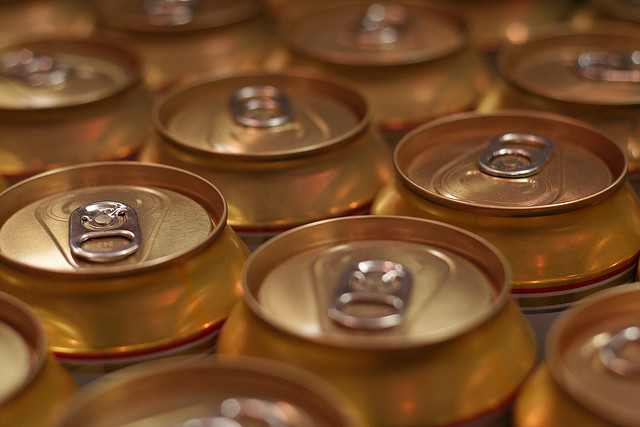Many people drink alcohol after work or with meals, at social gatherings or parties, on the weekend, at sporting events, concerts, and other social situations. Although we may not talk about alcohol as a drug, it is a widely used one. Many people abuse alcohol by drinking so much that they get drunk or ‘binge drink’. Binge drinking can have many negative side effects and can compromise your safety and the safety of others. For example, you might become dizzy, shaky, nauseated, and disoriented from too much alcohol. You might also vomit, or have a hangover the day after you drink. Being drunk can leave you vulnerable as well; you might let down your guard and have unprotected or unwanted sex, which can lead to pregnancy or the spread of STDs.In really serious cases, binge drinking can lead to alcohol poisoning and death. (See below for links to more information on alcohol poisoning). Also, in the long run, it can cause liver and brain damage, high blood pressure, and increased cancer risk.
How much can you drink? We all respond to alcohol differently. It is important that you know your limits and monitors how much you’ve had to drink. How alcohol affects you may be influenced by a number of factors, including how much alcohol you drink, how quickly you drink it, whether you consume the alcohol with other drugs, your mood, your body type, and the amount of food in your system. If you’re taking medication, alcohol could also interact with your medicine and cause you to get drunk very quickly or worse overdose.
Check out these tips for drinking smart.
Acknowledgement: This fact sheet was originally developed by youth and staff at ReachOut.com, a website that helps teens get through tough times.
For more information:
The National Institute of Alcohol Abuse and Alcoholism
The Centers for Disease Control and Prevention, Alcohol and Public Health
For more information on alcohol poisoning check out the Mayo Clinic. If you suspect that one of your friends has consumed a dangerous amount of alcohol, contact the National Poison Control Center (1-800-222-1222) for immediate assistance or call 911 for an ambulance.


